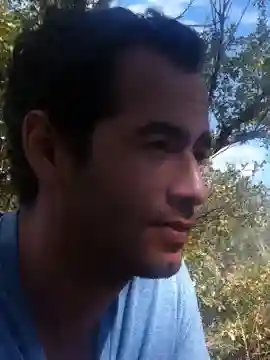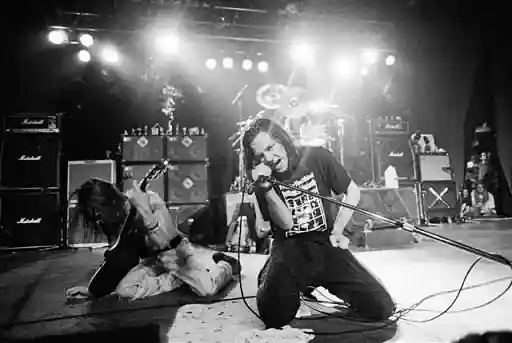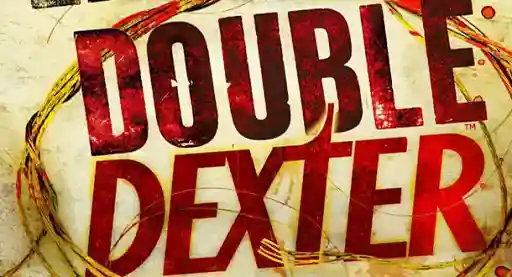Bookshots: Pumping new life into the corpse of the book review
Title:
Cold in July
Who wrote it:
Joe R. Lansdale, the author of over thirty novels and numerous short stories. Read his bio HERE, and you can see why the answer to this question is unusually daunting to distil down to a blurb.
Plot in a box:
Richard Dane, a small-town husband and father, wakes up to find a burglar in his house, shoots, and kills. But the burglar might not be who the cops say he is.
Invent a new title for this book:
Texas Snuff
Read this if you liked:
The grit, character-work, and action of McCarthy’s No Country for Old Men.
That, or, you know, the brand-spanking new movie version of Cold In July, starring Michael C. Hall, Sam Shepard, and Don Johnson.
Meet the book's lead:
Richard Dane, manager of a framing shop, glum husband, and self-doubting father of one.
Said lead would be portrayed in a movie by:
Said lead is being portrayed in a movie by Michael C. Hall, and I think that’s a solid choice. Given Matthew “McConaissance” McConaughey's work in True Detective, he would have been great too.
Setting: would you want to live there?
Richard lives in an idea of Texas where all men are branded by gun-ownership, short-tempers, and macho codes, and where an old man might hand down an ass-whooping if you eyeball his cold Lone Star too long. It’s either sweltering hot, or the murder’s cold-blooded. I would not want to live here—not on my life, I have to say because that's precisely the stipulation of local citizenship.
What was your favorite sentence?
It was all very sick and very sad, and it made me think my dad had seen something I hadn’t seen, shadows perhaps […]
Can’t spoil the rest by giving you the end of the sentence, but that’s enough to stake the heart of the book.
The Verdict:
Cold in July opens as you’d want a Neo-Noir Crime Thriller to open, with a crime and a murder that feels too simple. Richard Dane kills a burglar in his home, the cops say his hands are clean, and he tries to go on with his family-man life. But soon the father of the dead burglar comes into town and threatens to kill Richard’s little boy as an act of vengeance. "A son for a son", is the plot's catalyst.
But where this novel departs from genre-expectations, where it delves deeper than it’s impressive Realism-meets-Road House-circa ’89 fight-scenes, tailings, and gunfights, is where the subtext reverses and reveals the story is less about that one-for-one vengeance ratio. This story is really about the undefined ratio of a father's responsibility.
Genre-expert Stephen Graham Jones puts it best when he says, “[…] it's a study in how to do a novel. Start with a catchy catalyst, give the characters some shoulder room, let us care about them, then, when the story starts chugging to the big shoot-out — as all stories do — always remember that simple and direct is so much better, just because every scene you throw up, it'll complicate things in a way you didn't expect. But if the spine of the story's straightforward, then those complications will be texture, not excess baggage.”
And the texture here is the main character Dane’s past relationship, or lack of one, to his own father, compared to the new relationship he’s forging with a grizzled old mercenary. So, yes, from a plot stand-point, this everyman character has to keep a gun he’s afraid to use, and has to insecurely adhere to a code that takes him away from his wife and son, and has to pursue vigilante justice for a crime he’s no longer involved in. But from a profoundly meaningful stand-point, any questions we have about his motivation are the book's true investigation: What does it mean to have honor in a world without it? And what does it mean when one has to admit that “honor”, and one's sense of it, could be corrupt to begin with? And what does it mean when heroes are cocky, yes, and good fighters, yes, but all that's a distraction, meant only to hide the truth that they’re battered and alone?
You’re sure to finish this book fast, but you’re also sure to think on it slowly.

About the author
Christopher David Rosales is the author of SILENCE THE BIRD, SILENCE THE KEEPER, which recently won the McNamara Grant and was short-listed for the Faulkner-Wisdom Award. Most recently his work is forthcoming in 5280: Denver's Magazine. Rosales is a Writer-In-Residence at Colorado Humanities Center for the Book, and a Professor at The University of Colorado at Boulder and Metro-State University, Denver. He is the Fiction Editor of SpringGun Press, and the Founding Instructor at The Boulder Writing Studio. Lindsey Clemons, at Larsen Pomada Literary Agency, represents his novels.







